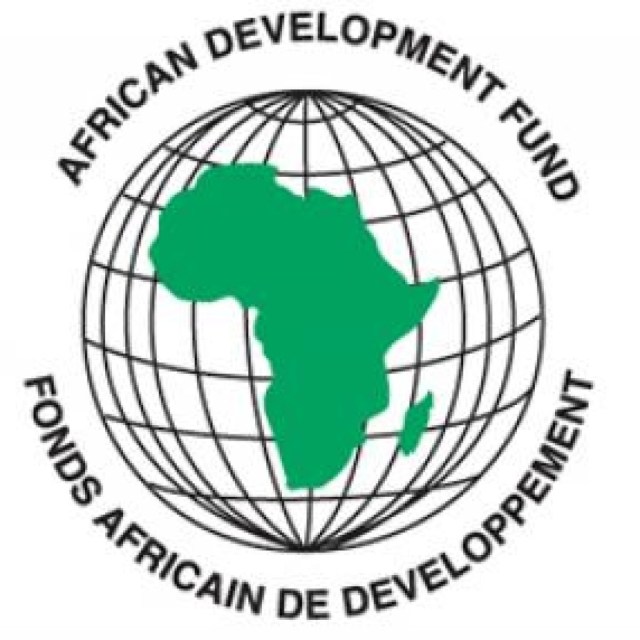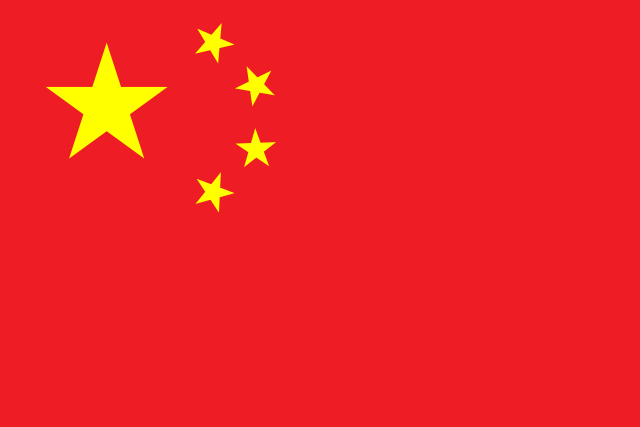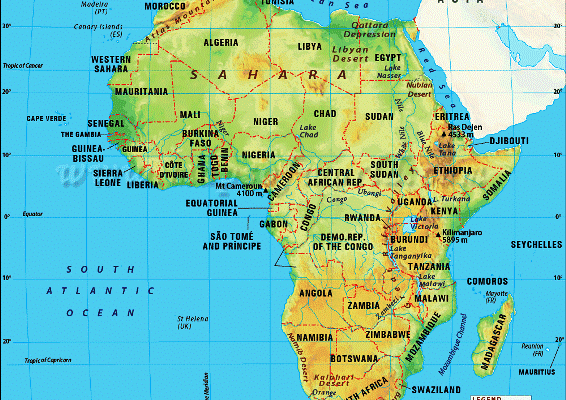Inflation nears double-digit as Ghana Statistical Service blames the August 9.9% inflation rate on the cedi’s free fall.
The year on year inflation for the month of August was 9.9 per cent as compared with the 9.6 per cent recorded in July.
The monthly change rate was 0 per cent compared with the rate of 0.4 per cent recorded in July 2018.
Acting Government Statistician, Baah Wadieh, said the year-on-year non-food inflation rate for August 2018 was 10.8 per cent compared with the rate of 10.7 recorded in July 2018.
According to him, the year-on-year food inflation rate for August 2018 was 7.9 per cent compared with 7.4 per cent recorded in July 2018. Also, the year-on-year non-food inflation (10.8 per cent) was more than one quarter that of the food inflation rate (7.9 per cent).
Baah Wadieh has linked the marginal increase in inflation rate to the fall of the cedi and hike in transport fares.
“The underlying cause is basically due to base rate effect as well as some causes like the depreciation of the cedi,” he revealed.
Also, the main price drivers for the non-food inflation rate were clothing and footwear (15.2 %), Transport (15.1%%), Recreation and culture (13.9 %), Furnishing, household equipment and routine management (12.6 %) and miscellaneous goods and services (11.9 %).
Regional breakdown
Five regions (Upper West, Brong Ahafo, Western, Ashanti and Northern) recorded inflation rates higher than the national average.
Upper West region recorded the highest year-on-year inflation rate of 11.8 % followed by Brong Ahafo region (10.8 %) while the Upper East region recorded the lowest year-on-year inflation (8.2 %) in August 2018.
Rebasing
The Ghana Statistical Service has missed the target date for the release of rebased figures for inflation.
According to Baah Wadieh, stakeholders have made inputs into the methodology and some of the figures which need to be incorporated.
He said, “…so because of quality we think we must hold on and look at the figures, look at the methods, look at the procedures and then come out with the best that we can for the nation. They (stakeholders) are satisfied, in fact, they commend us at the rate at which we have worked but there is always the possibility of improving and that is what we are taking on board.”
However, the GSS is expected to release the new rebased figures by the end of this month.
Source: Myjoyonline.com














